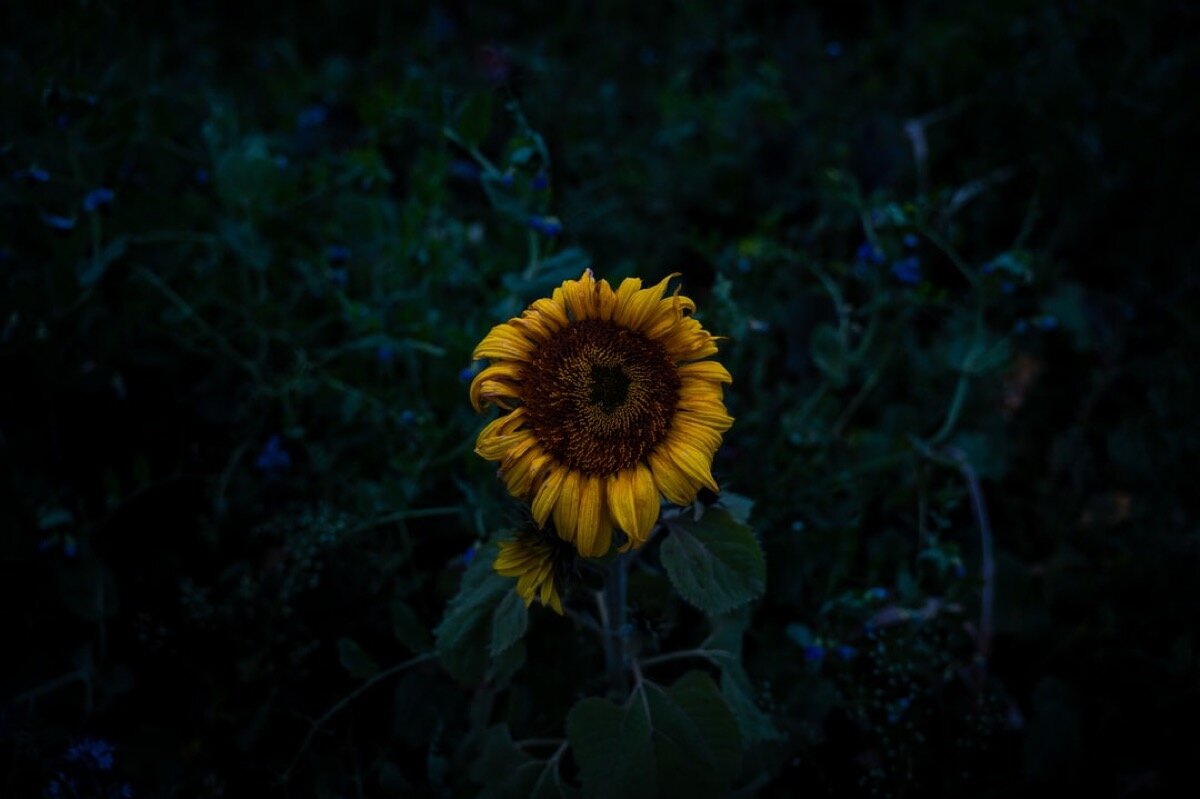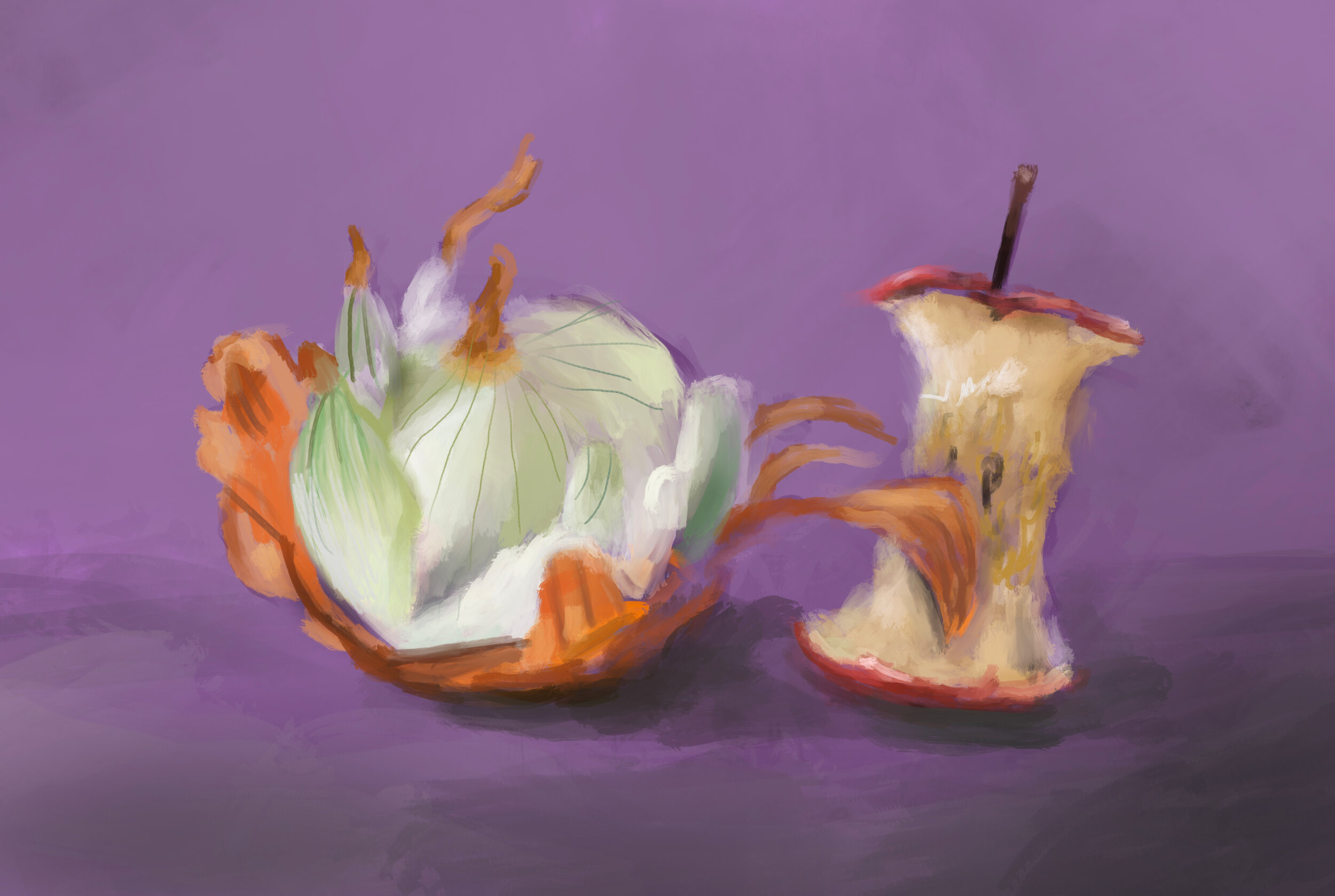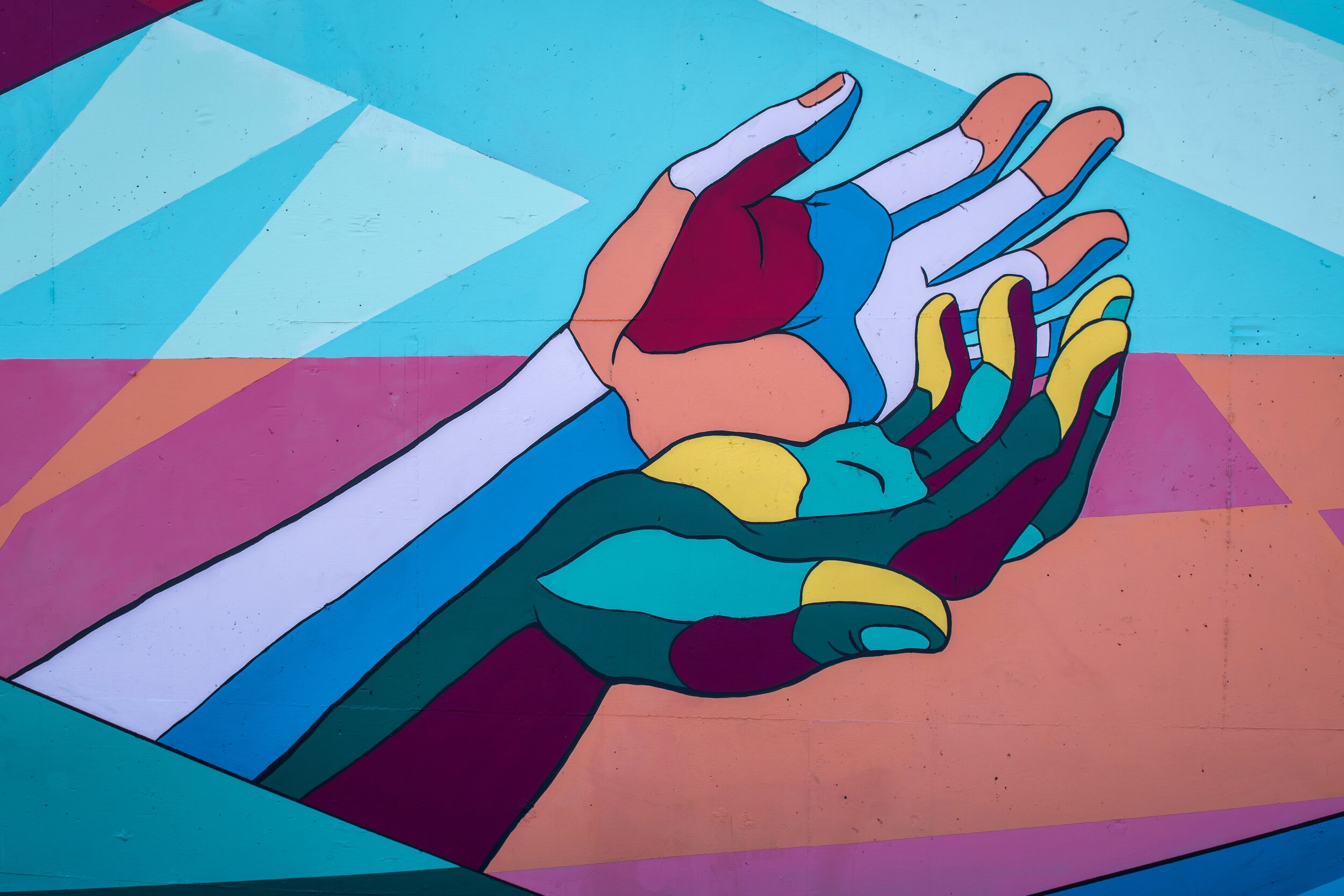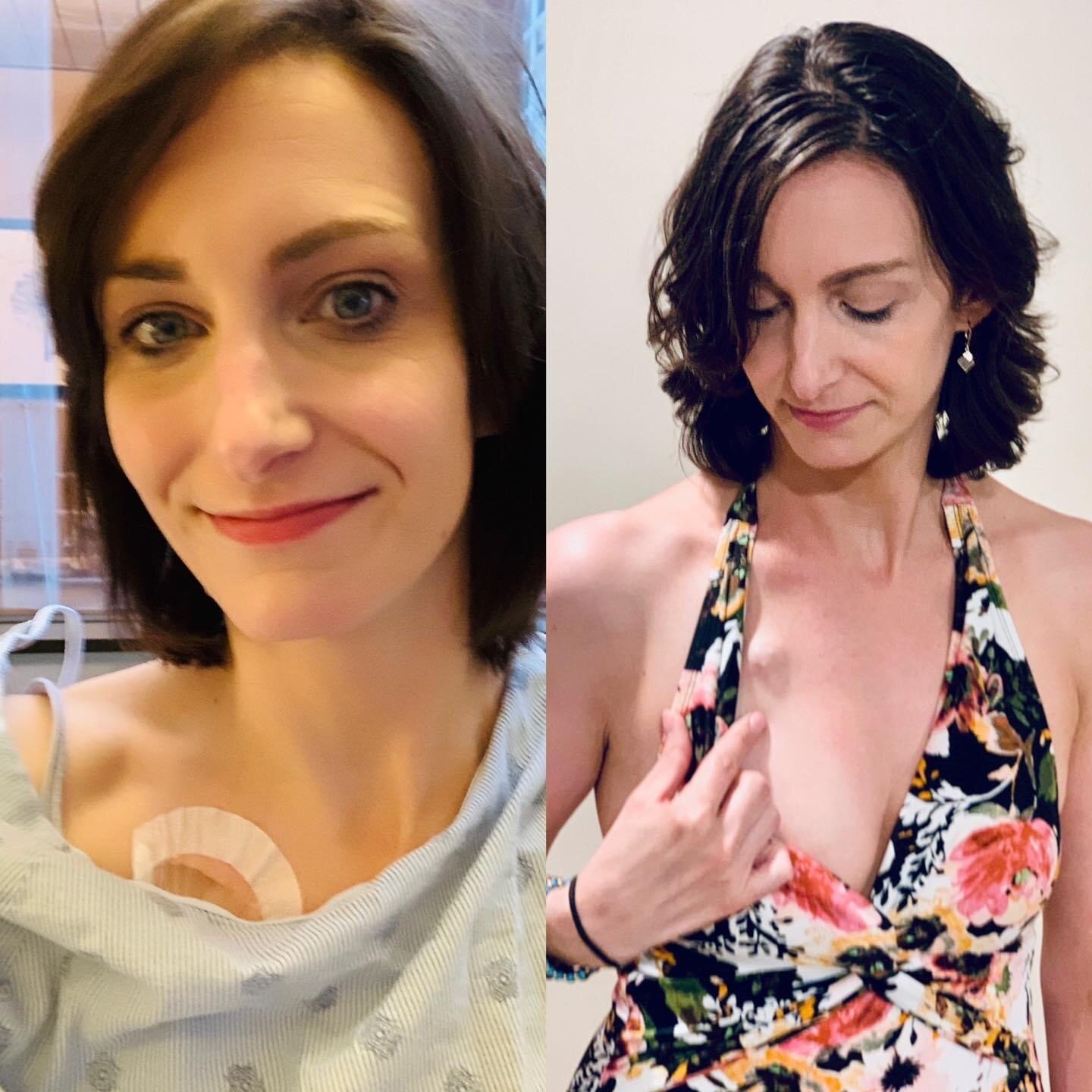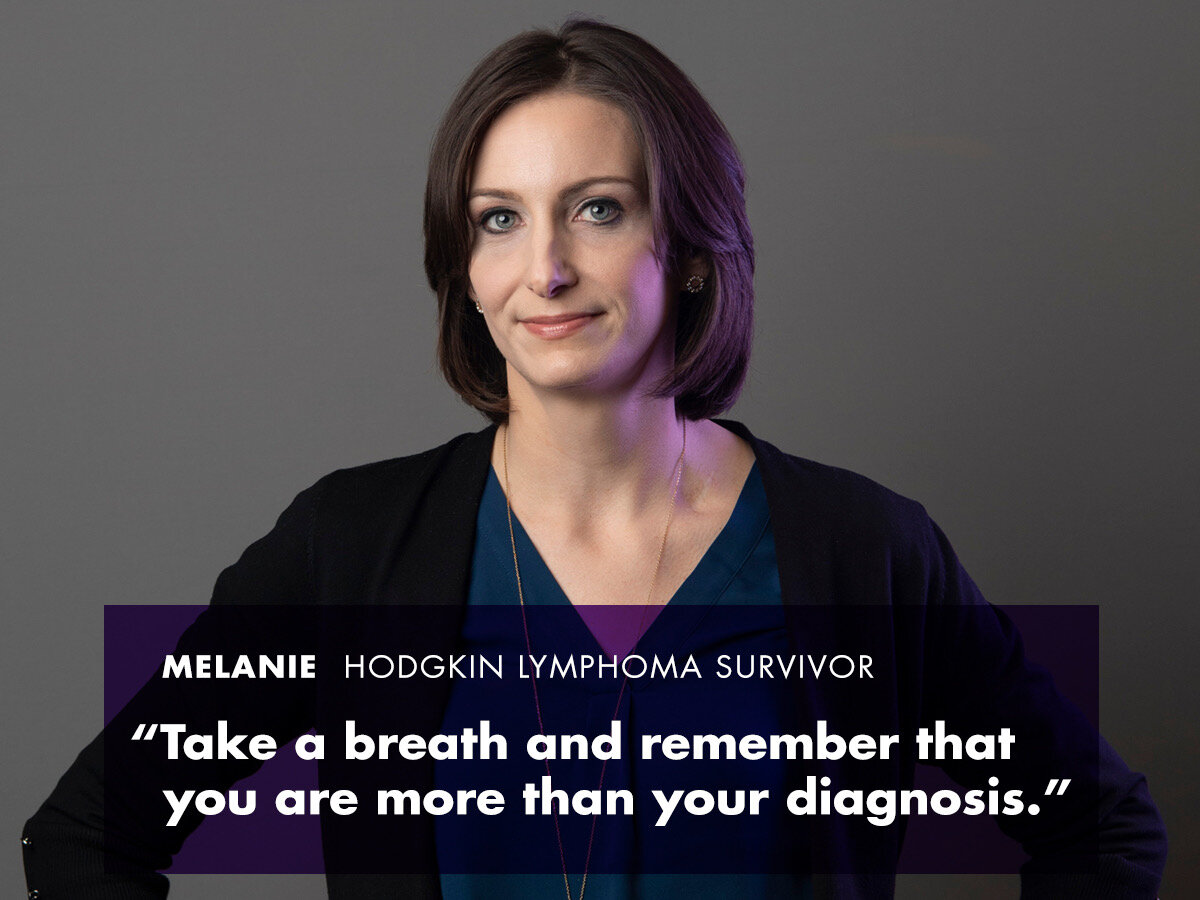Photo by Patrick Fore
Now what?
Now that my scars have healed and my hair has grown back, what’s next?
Fighting cancer challenges your body, mind and spirit.
When treatment ends, we often find ourselves picking up the pieces of our lives we put on hold or were too exhausted to manage on top of staying alive.
Adjusting to life post-treatment can be just as challenging for our battle-weary bodies and minds.
One of the hardest parts about remission is learning how to bridge the great divide from patient to survivor.
After my treatment ended, all the emotions and fears I had been suppressing to get to remission seemed to boil over when there was finally space to process everything my body endured.
I wondered, how will I ever trust my body again?
I struggled to remain positive with all the ongoing uncertainty.
Soon the anger, depression, frustration and fear became so loud it was impossible to ignore.
I had to dig deeper into these shadowy aspects of myself and get to the root of these feelings to truly heal.
Now that the cancer left my body, it was time to focus on healing the invisible wounds the cancer left behind.
Therapy was incredibly helpful, but I was still struggling to find a constructive outlet.
I was feeling stuck.
I read several books that provided incredible insights, but something was still missing.
It wasn’t until I joined a support community and started journaling that something finally clicked.
Putting pen to paper helped me make sense of all the chatter in my mind.
Connecting with others in the community on a similar journey helped me identify my limiting beliefs and learn more about the trauma that has kept me stuck.
Instead of fearing what may come next, I’m learning to take back control by doing what I can to stay healthy and surrendering to the fact that the rest is simply in God’s hands.
It’s still a daily struggle, but I refuse to let my future be dictated by the fear of relapse or a new disease.
Although we aren’t always able to control what happens to us, we can change the way we THINK about the negative events that happened to us.
And that is how we connect with our POWER and our PURPOSE.
I may not always view cancer as a gift, but it certainly has been a catalyst in my life, pushing me to make many necessary changes, from my health and fitness to my finances.
Cancer will always be part of my story, but I refuse to let it be the whole story.
I get to decide how the rest plays out from here.
And as terrifying as that can be to embrace fully being alive, I’m so thankful I’m still here to watch how the rest of my story unfolds.
Treatment Update
I recently saw my oncologist for a six-month check-up.
It was the longest I went in-between visits since being diagnosed.
Now that I’m over three years in remission, I don’t need to be seen as often.
I still get nervous before every visit, but thankfully my exam and all my counts checked out, so there are no concerns at this time.
I also learned the results for the clinical trial I participated in at Northwestern were recently published. To date, I and all the other patients in the clinical trial continue to show no evidence of disease.
As difficult as treatment was, knowing that I was able to help advance cancer care by taking part in a clinical trial has helped me find purpose and meaning within the pain.
My oncologist continues to reassure me now that I have passed over two years in remission, my risk for relapse is about the same as the general population.
However, due to the risk of secondary cancers, cancer survivors under 40 are urged to get yearly skin cancer screenings because of radiation exposure during treatment and scans.
I had been putting off visiting the dermatologist, but I had a couple of moles that appeared to be changing after treatment, so I decided it was best to get a consult. Fortunately, the dermatologist had no concerns either at this time, so I am feeling very relieved.
Thank you for your ongoing support. As hard as it can be navigating the uncertainty that comes with cancer treatment and remission, I’m so grateful I don’t have to travel this journey alone.
Join the Hope Warrior Community
Please check out the following resources if you’ve also been feeling stuck, disconnected, or would like some additional encouragement. I’ve found this program and support community incredibly helpful throughout my journey.
Hope Warrior Academy
A 5-week virtual program, helping you focus on one key area and get to the root of why you’re stuck.
Support Community: Encouragement During Uncertain Times
This is a community of hope warriors who love reminding you of your worth and power to make positive change. In uncertainty, words of encouragement can make all the difference! This page is free to join and strictly for sharing hope, encouragement, and positivity.





